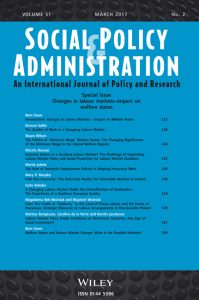Facing More with Less: Thinking about School Budgets
There can be little doubt that because of the current economic conditions, a large part of society has undergone considerable strain. Whether discussing unemployment rates, downsizing, closed up businesses, or market trends, it seems that little has been left unaffected by these financial times. Of concern for this post is how schools, specifically secondary schools, have had to adapt to and deal with the economic state. Often making top news reports on major broadcasting stations or making the front-page of...




